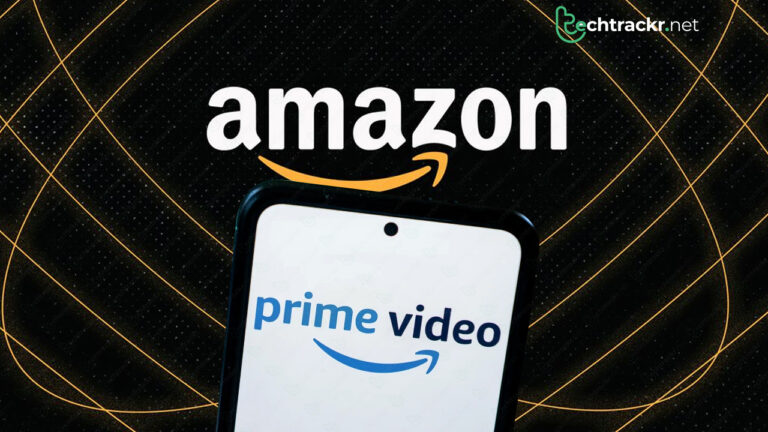
Did Amazon trick Prime Video subscribers by adding commercials to the previously ad-free streaming service? Yes, it did, according to the plaintiff in a recently filed federal lawsuit. The proposed class-action lawsuit, filed last week in California federal court, claims that Amazon pulled a bait-and-switch when it suddenly announced it would add ads to Prime Video, as reported by The Hollywood Reporter.
The lawsuit lists Prime Video subscriber Wilbert Napoleon as the plaintiff, along with a proposed class of other Prime Video users who had signed up before December 28, 2023.
According to the lawsuit, Napoleon renewed his annual membership in June 2023, thinking it would give him “ad-free streaming of TV shows and movies for the price of the Prime annual subscription.”
The lawsuit claims that when Amazon started charging an extra $2.99 a month for ad-free Prime Video streaming in the middle of Napoleon’s annual subscription, Amazon “breached its contract.”
The lawsuit is asking for at least $5 million in damages, according to The Hollywood Reporter, and also wants an injunction to stop Amazon’s “deceptive conduct.” Amazon announced in September that it would start showing ads on Prime Video, but it didn’t give a specific date until December 27, 2023. The actual rollout of Prime Video ads began in the U.S. on January 29, 2024.
It seems that the introduction of ads isn’t the only change for existing Prime Video subscribers. Dolby Vision and Dolby Atmos support have also disappeared unless you pay for premium ad-free streaming. The lawsuit raises some interesting questions for those of us who signed up for annual Prime memberships before Amazon’s Prime Video announcement.
Prime is seen as a crucial part of Amazon’s retail dominance because it keeps users tied to the company’s marketplace by giving them perks, like access to Prime Video, as per the FTC.
In 2020, Amazon was also sued for unfair competition and false advertising because the company had the right to stop consumers’ access to content bought through Prime Video. A federal judge in 2022 threw out the proposed class action, agreeing with Amazon’s arguments that its terms of use inform users that movies and TV shows they bought might become unavailable due to provider licensing restrictions.
